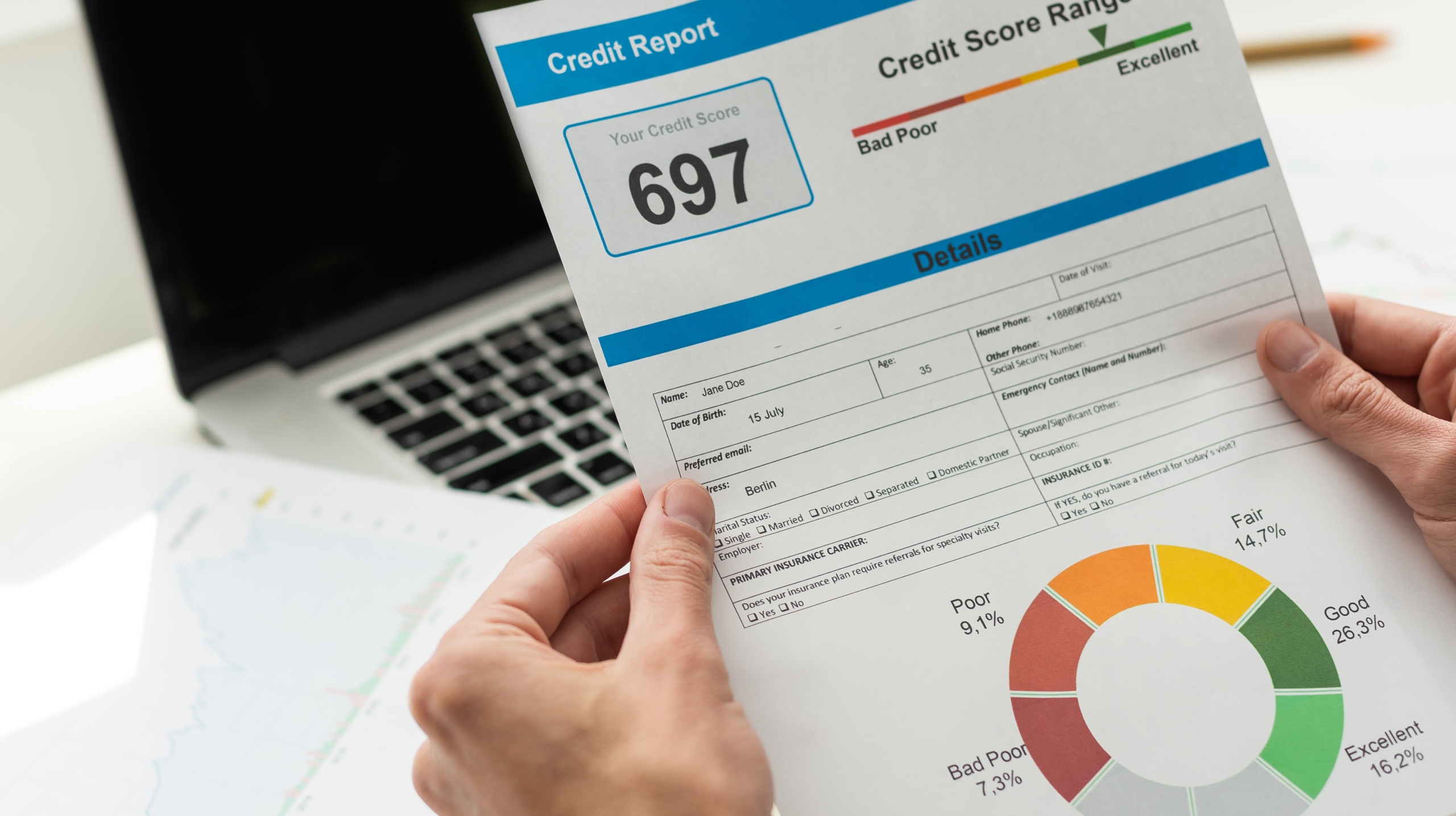Navigating the world of home buying can seem daunting, especially when it comes to understanding the role of credit scores. Many potential buyers believe a perfect credit score is essential for purchasing a home. However, this is one of the most pervasive myths in real estate financing. This blog aims to demystify credit scores and provide practical advice for aspiring homeowners.
Understanding Credit Scores:
A credit score is a numerical expression based on a level analysis of a person’s credit files. It represents the creditworthiness of an individual. Derived from credit reports, these scores are used by lenders to gauge the risk of lending money to consumers and to mitigate losses due to bad debt. Scores are based on factors like payment history, amounts owed, length of credit history, new credit, and types of credit used.
The Common Myth: A Perfect Credit Score is Necessary
Fannie Mae reports that only about 32% of potential homebuyers are well-informed about the credit scores that lenders actually require, which suggests that many people might be unnecessarily delaying their home buying plans due to misconceptions about credit requirements.
The Reality: Perfection Isn’t Required
It’s important to understand that there is no “one size fits all” when it comes to credit scores in the mortgage industry. As noted by FICO, lenders have varied requirements and risk thresholds. This means that while a higher credit score can provide more favorable terms, a less-than-perfect score does not necessarily disqualify you from securing a mortgage.
Impact of Credit Scores on Mortgage Terms:
Credit scores directly influence the mortgage rates and terms that lenders offer:
- Higher Credit Scores: Generally qualify for lower interest rates, which can save you thousands of dollars over the life of a loan.
- Lower Credit Scores: Might lead to higher interest rates, but various mortgage programs, like FHA loans, are designed specifically for those with lower scores.
Improving Your Credit Score: Practical Tips
Enhancing your credit score is one of the most impactful steps you can take when preparing to buy a home. Here are a few expert-recommended strategies:
- Pay Your Bills on Time: Establish a consistent payment history by paying all your bills on time. This factor has the highest impact on your credit score.
- Reduce Your Debt: Work on lowering your overall debt, especially your credit card balances. This improves your credit utilization ratio, a major factor in credit scoring.
- Avoid New Credit Applications: Each new application can cause a small dip in your credit score due to the hard inquiry by lenders. If you’re preparing to buy a home, it’s best to avoid new credit lines in the months leading up to your mortgage application.
Seek Professional Guidance:
Consulting with a mortgage lender can provide personalized advice based on your financial situation. A trusted lender can explain how your credit score affects your options and help you understand the steps you can take to improve your prospects.
Conclusion:
The belief that you need perfect credit to buy a home is a significant barrier for many potential buyers. By understanding the actual impact of credit scores and actively working to improve your financial health, you can enhance your ability to secure a home loan on favorable terms.
Bottom Line: Don’t let the myth of the perfect credit score hold you back. With the right preparation and guidance, homeownership is within reach, even if your credit isn’t flawless. Start by talking to a lender to explore your options and map out your path to buying a home.

